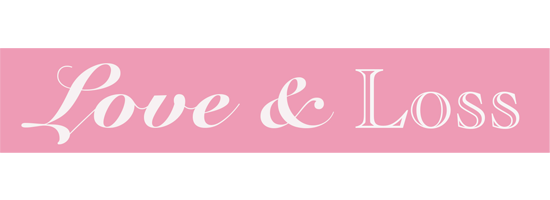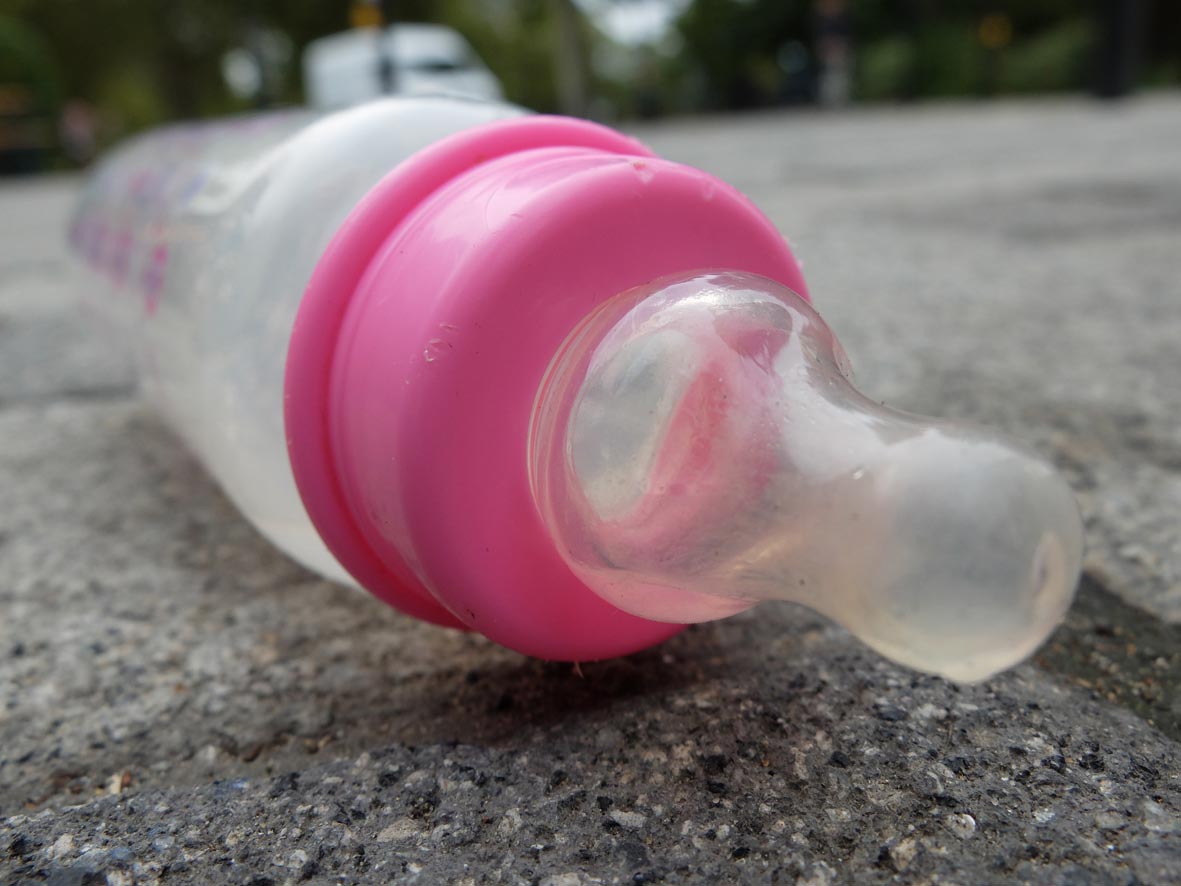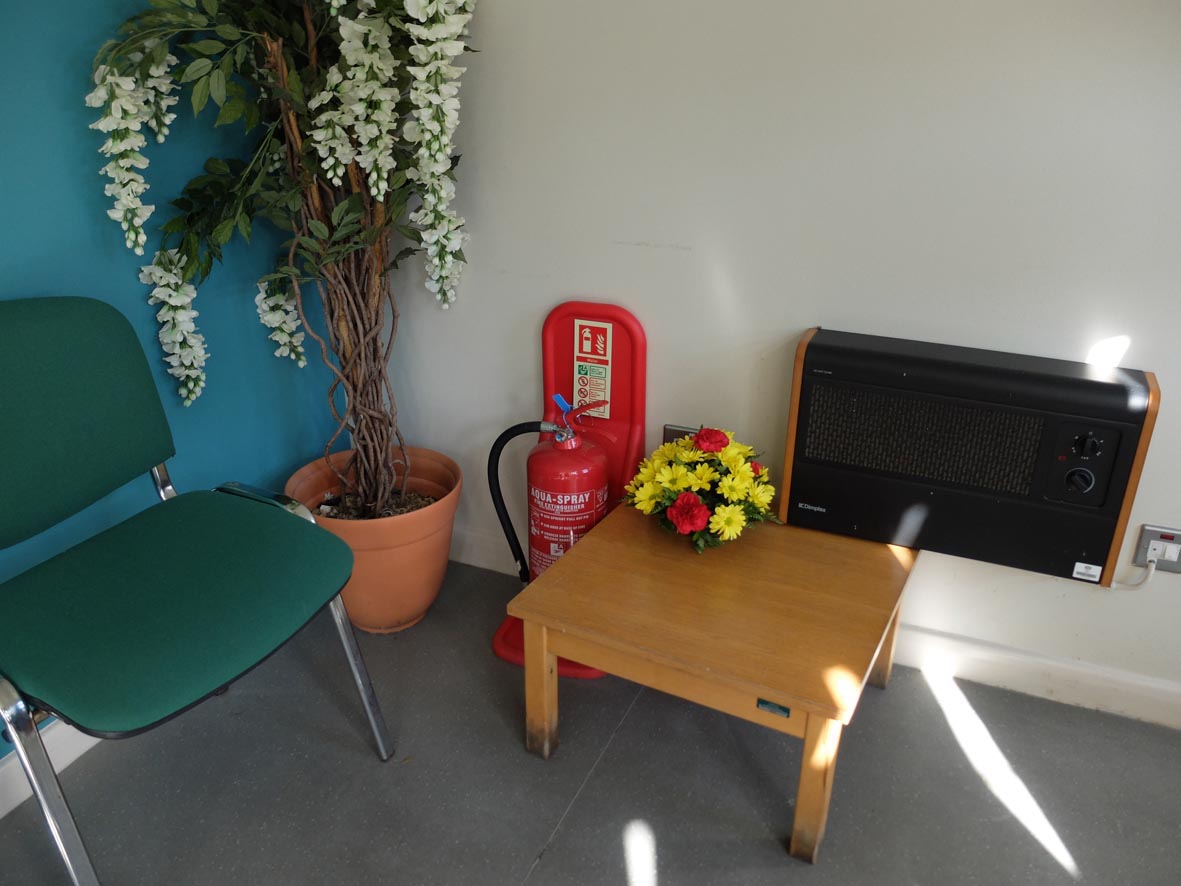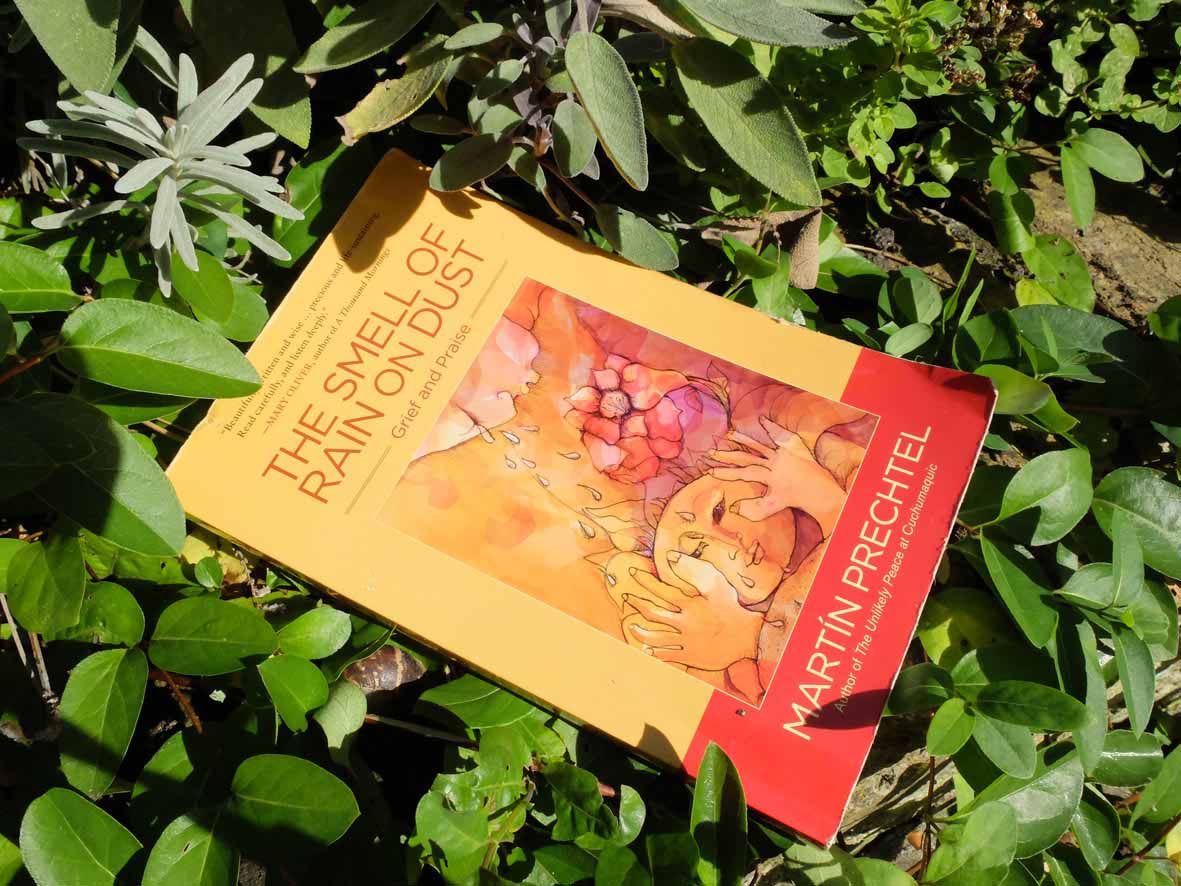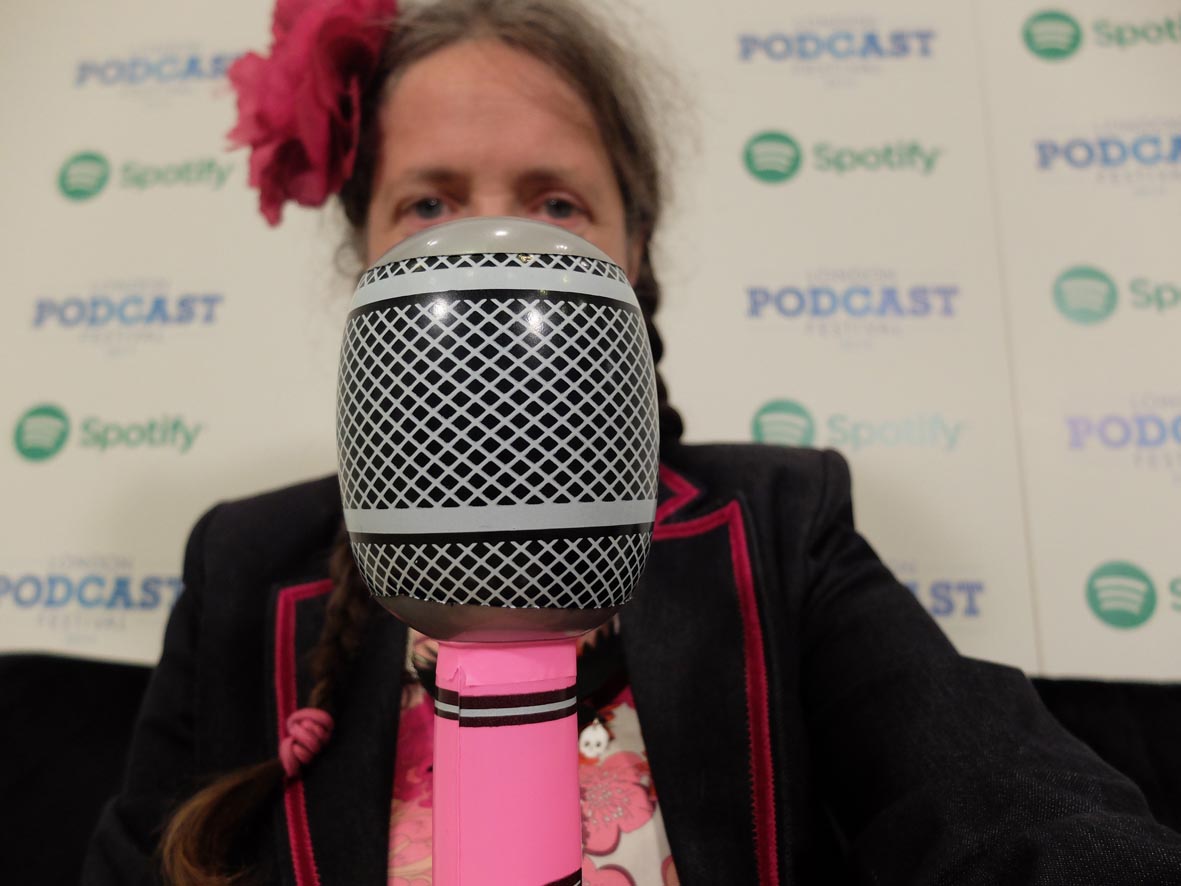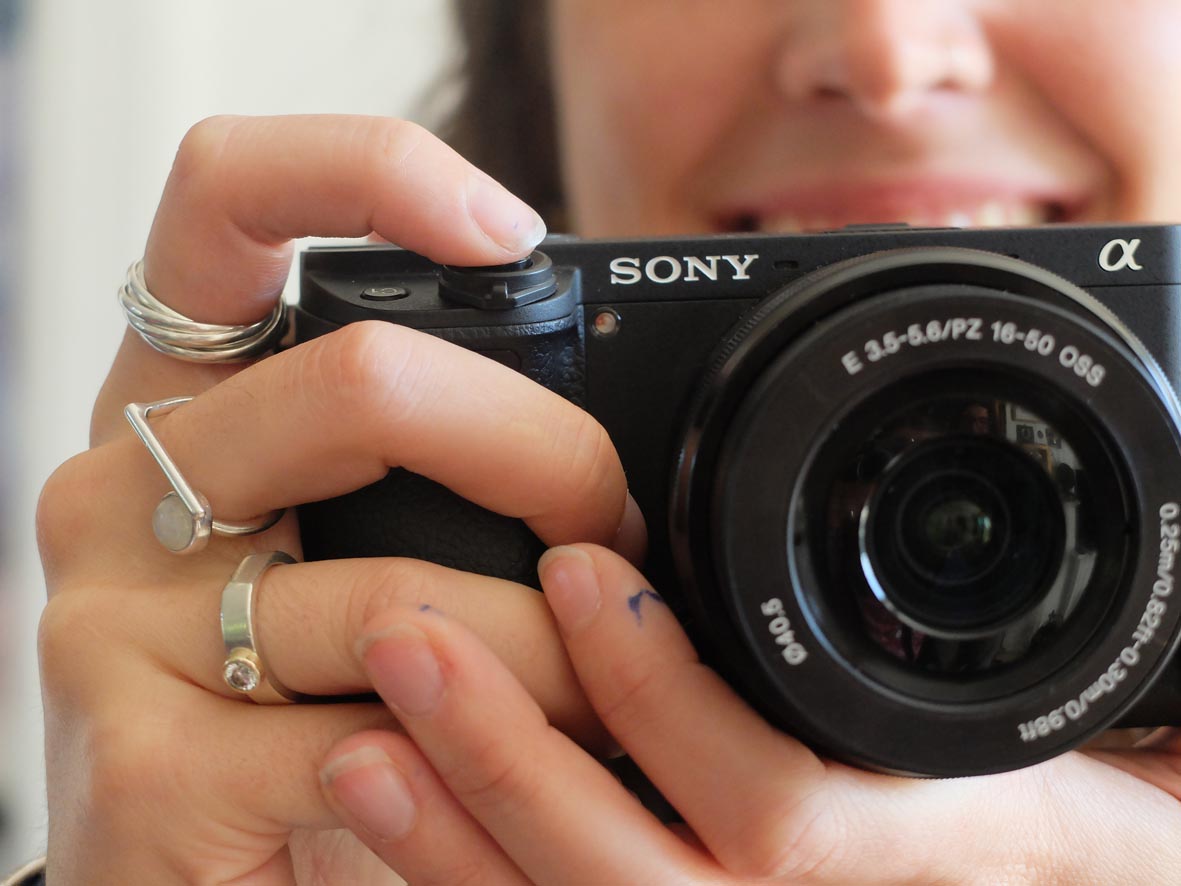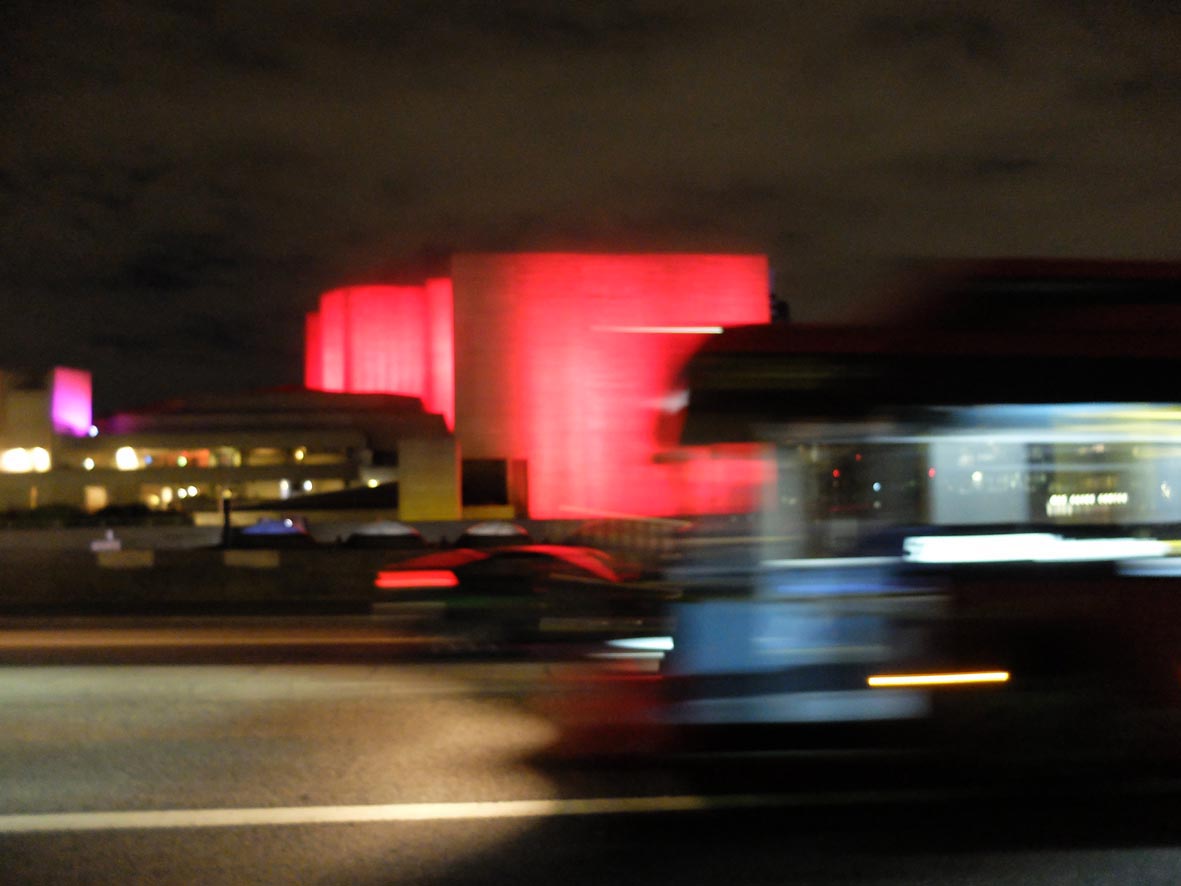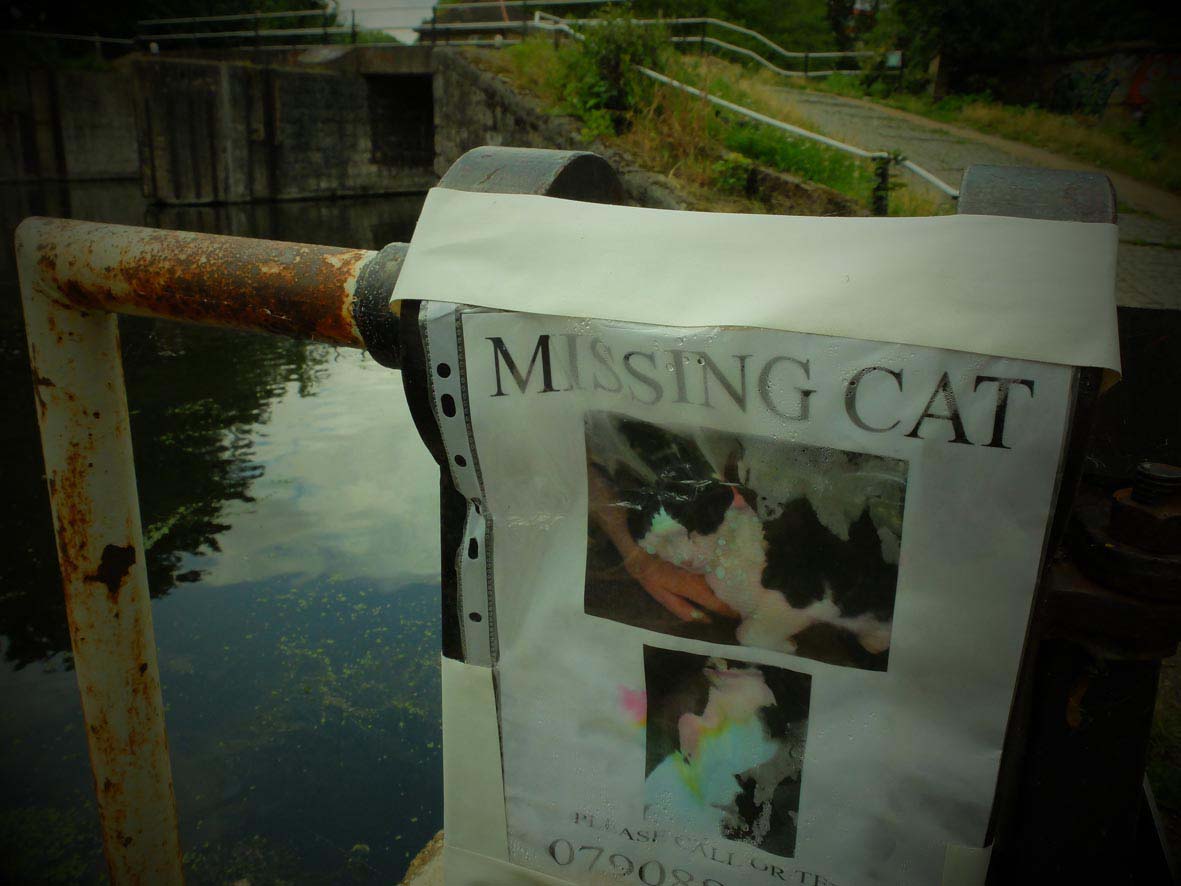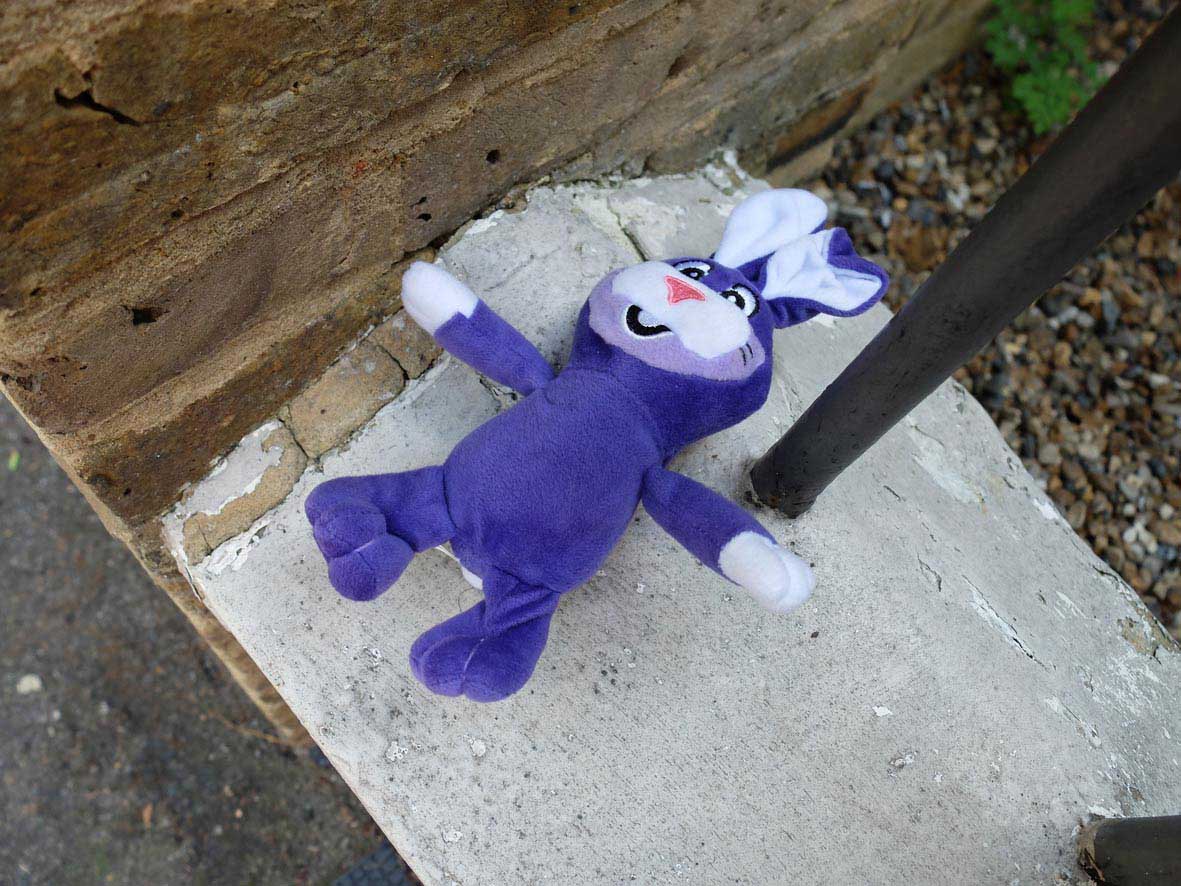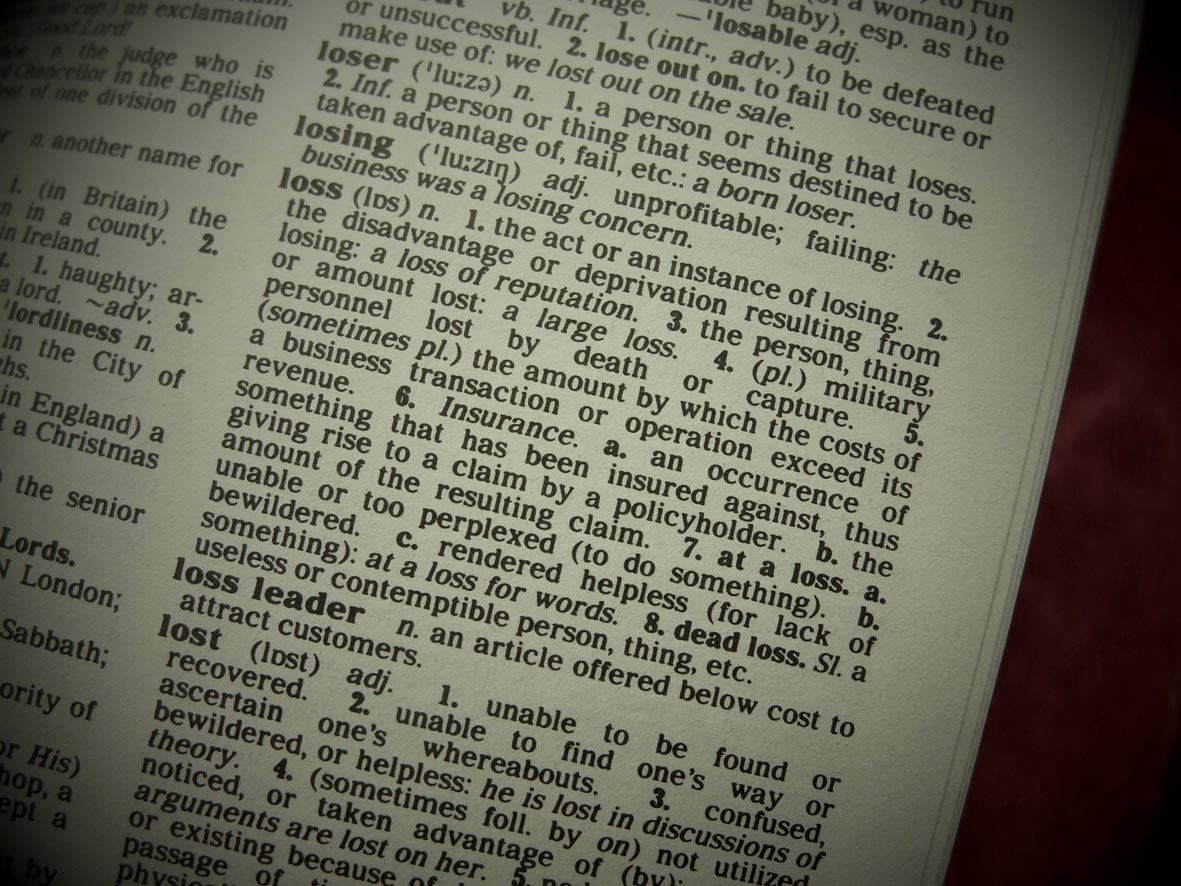09 Oct Beached
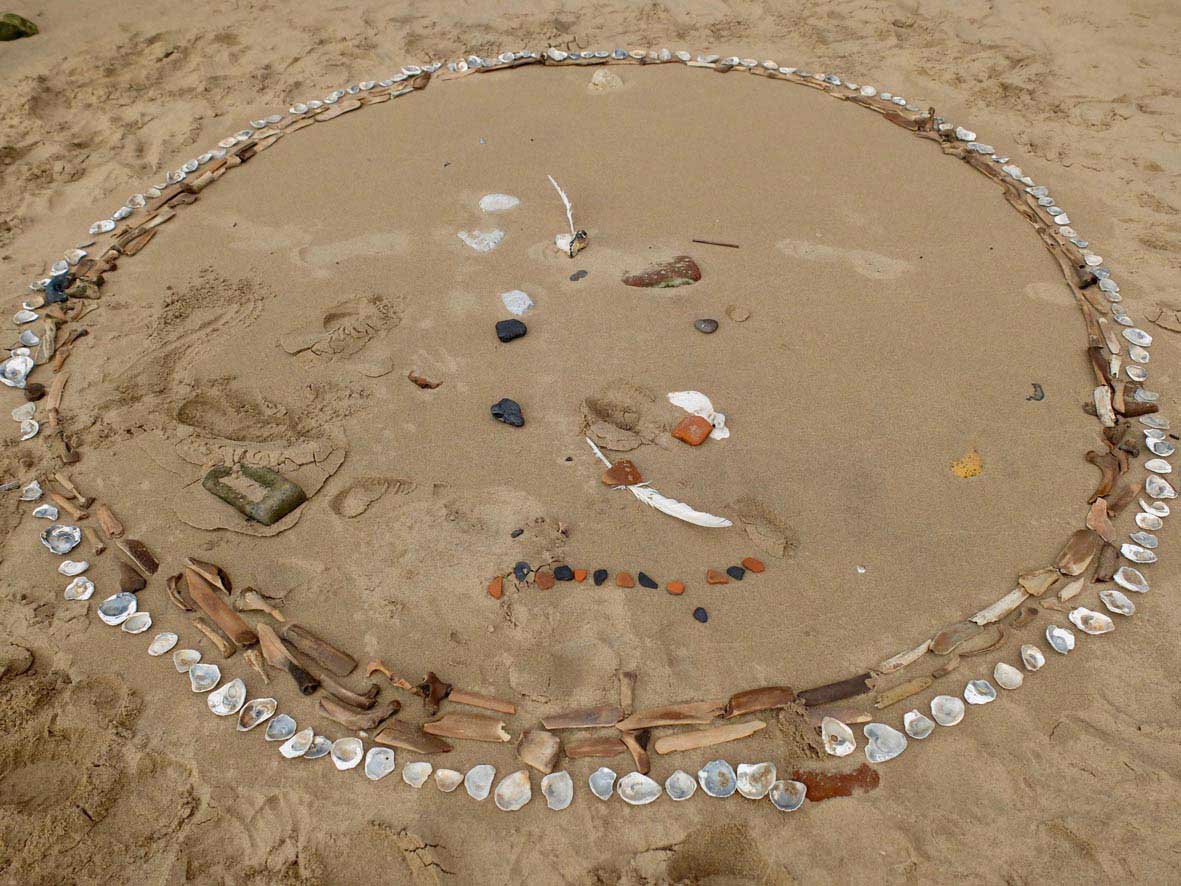 A pod of grievers meet at low tide at the edge of the Thames in earshot of St Paul’s. We make a circle from mud-larked bones and oyster shells. We are here to mark the death of the humpback whale marooned by hunger or disorientation in the estuary. A whale vertibrae the size of a child’s skull is passed round the circle. It is porous, white and lighter than I imagined. One by one we sing to the spirit of this whale, sing it home on a river of tears and gratitude. Hump backed whales mourn each other with song. I don’t find the words to express my sense of loss. I am dismayed by this example of the dislocation from right-relationship between place, food and the hierarchy of species in the natural world. This is a profound breach of natural order, an out of place death. How big a sign will it take before we recognise the extent of our selfishness?
A pod of grievers meet at low tide at the edge of the Thames in earshot of St Paul’s. We make a circle from mud-larked bones and oyster shells. We are here to mark the death of the humpback whale marooned by hunger or disorientation in the estuary. A whale vertibrae the size of a child’s skull is passed round the circle. It is porous, white and lighter than I imagined. One by one we sing to the spirit of this whale, sing it home on a river of tears and gratitude. Hump backed whales mourn each other with song. I don’t find the words to express my sense of loss. I am dismayed by this example of the dislocation from right-relationship between place, food and the hierarchy of species in the natural world. This is a profound breach of natural order, an out of place death. How big a sign will it take before we recognise the extent of our selfishness?
